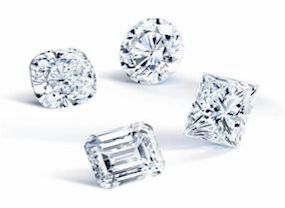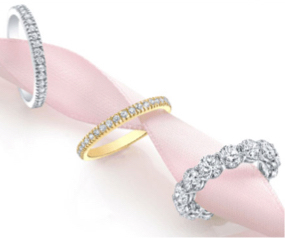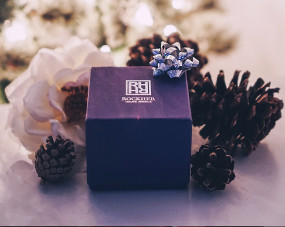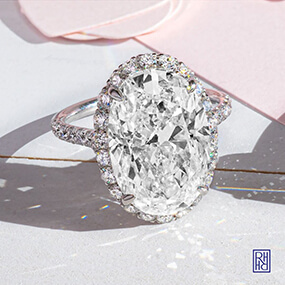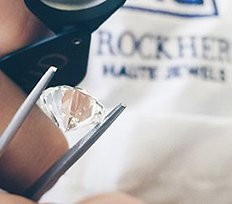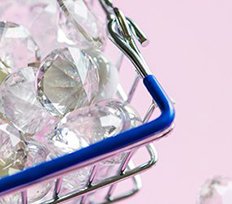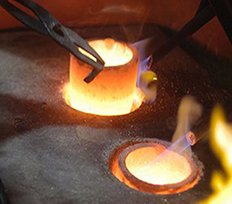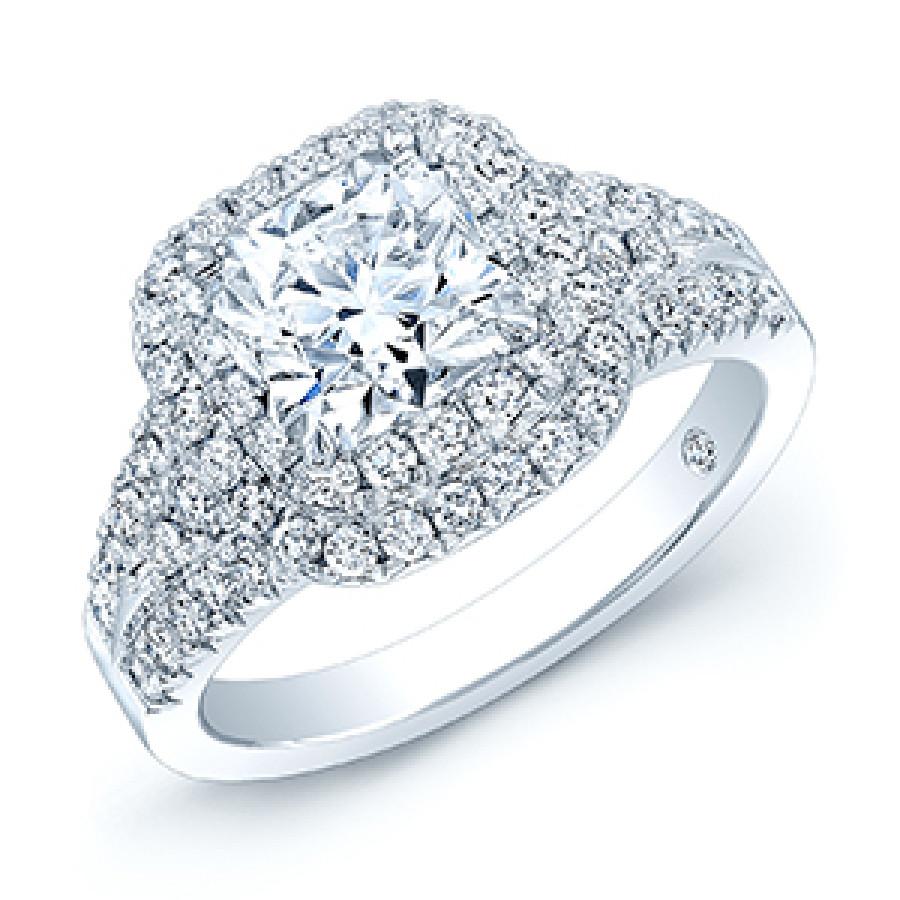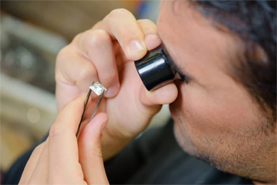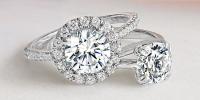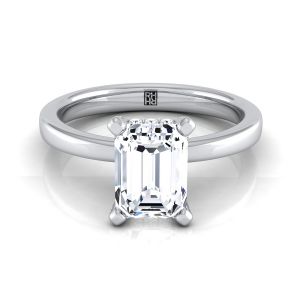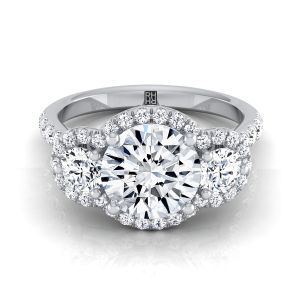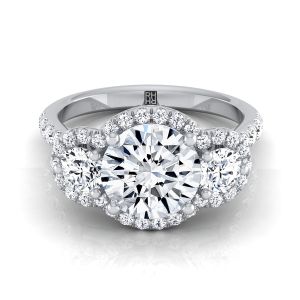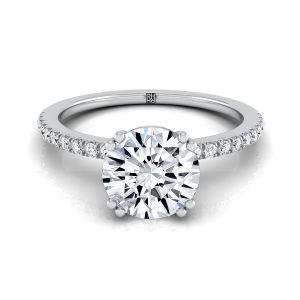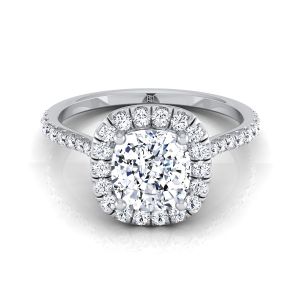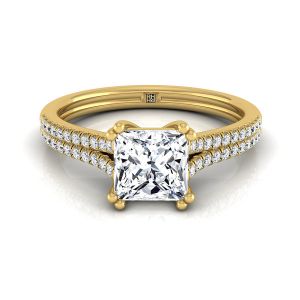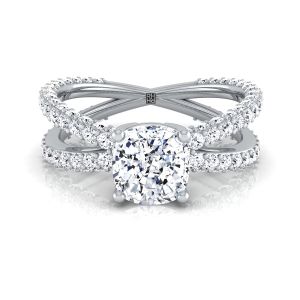
Did you know, however, that the word “
carat” derives from the multilingual translations for the word “carob”?
The carob tree is indigenous to the Mediterranean and has been around for at least four millennia. It was planted by the ancient Greeks, and its fruit was eaten by Mohammed’s army, and supposedly also John the Baptist, at different times in history. However, none of that explains what this tree has to do with
diamonds and
gemstones.
Carob seeds are inedible, but they almost always have the same
weight and
size.

So traders started using them, especially to weigh
gems. The more seeds to balance it, the more valuable a
stone turned out to be. There was even a somewhat consistent system in place through Europe and the Middle East. On parts of the globe where carobs were not to be had as easily, they used wheat and rice grains instead. Today one metric
carat is exactly a fifth of a metric gram.
 Did you know, however, that the word “carat” derives from the multilingual translations for the word “carob”?
The carob tree is indigenous to the Mediterranean and has been around for at least four millennia. It was planted by the ancient Greeks, and its fruit was eaten by Mohammed’s army, and supposedly also John the Baptist, at different times in history. However, none of that explains what this tree has to do with diamonds and gemstones.
Carob seeds are inedible, but they almost always have the same weight and size.
Did you know, however, that the word “carat” derives from the multilingual translations for the word “carob”?
The carob tree is indigenous to the Mediterranean and has been around for at least four millennia. It was planted by the ancient Greeks, and its fruit was eaten by Mohammed’s army, and supposedly also John the Baptist, at different times in history. However, none of that explains what this tree has to do with diamonds and gemstones.
Carob seeds are inedible, but they almost always have the same weight and size.  So traders started using them, especially to weigh gems. The more seeds to balance it, the more valuable a stone turned out to be. There was even a somewhat consistent system in place through Europe and the Middle East. On parts of the globe where carobs were not to be had as easily, they used wheat and rice grains instead. Today one metric carat is exactly a fifth of a metric gram.
So traders started using them, especially to weigh gems. The more seeds to balance it, the more valuable a stone turned out to be. There was even a somewhat consistent system in place through Europe and the Middle East. On parts of the globe where carobs were not to be had as easily, they used wheat and rice grains instead. Today one metric carat is exactly a fifth of a metric gram.
